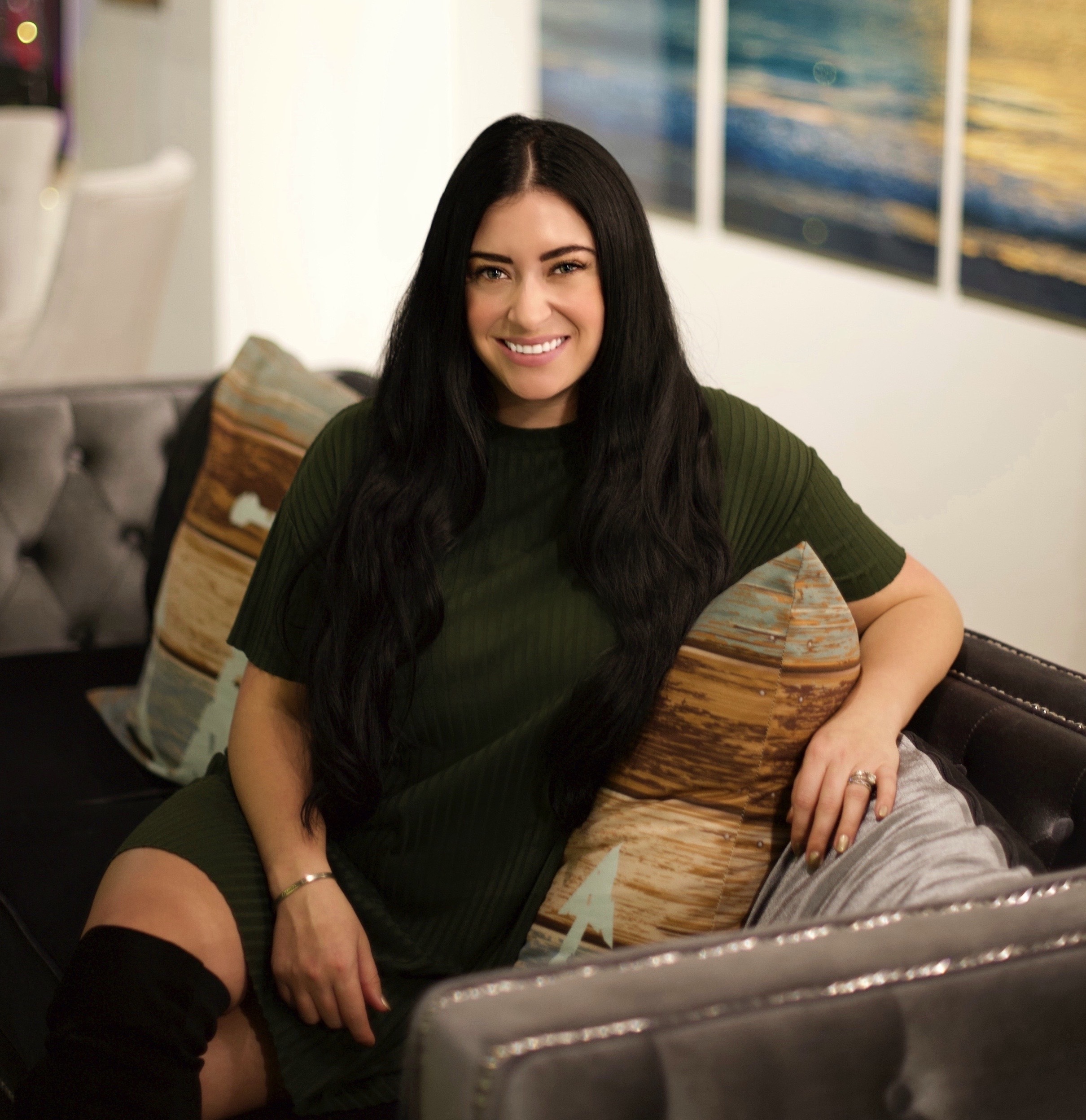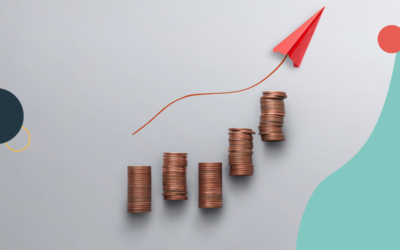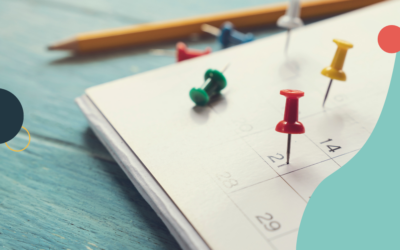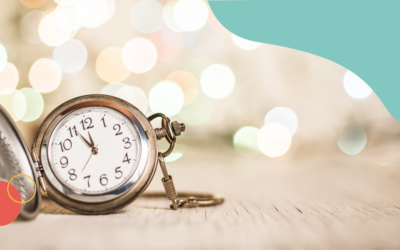Momina is a freelance copywriter and editor for marketing, eCommerce, and mental health companies. She speaks openly and honestly about her mental health journey and recently took a sabbatical from freelancing to prioritize her mental health.. She shared transparently about her struggles as a freelancer and how she combats anxiety and depression.
Protecting Your Mental Health
1. What were the signs that you needed to start focusing on your mental health?
I started struggling with mental health issues during my undergraduate studies. It was a stressful time, but I didn’t take it quite seriously.
There is a lot of stigma around mental health in Pakistan (where I am from), and it was a long journey to first identify and accept that there was something wrong with my health and then another huge process to seek help.
When I started freelancing, I was working from my home office and was confined to my room, hunched over a laptop all day long. I would just do a quick lunch and sometimes even forget dinner. A routine and/or balance was non-existent.
Then I started feeling irritated about my work, the same work I was absolutely loving before. I felt like every article was a mountain that I had to conquer. The process of writing and submitting my work — research, outlining, first draft, editing — all of it started to overwhelm me.
I was beyond stressed out. My GI issues were getting worse, and I was not sleeping properly. That’s when I decided to hit pause and take some time off to catch a break.
2. Are there any tools or books you turn to regularly to manage your mental health?
I journal almost daily in the mornings, and that helps me remain in tune with my emotions and feelings. Journaling is also a great way to write things down, process them, and let them go.
I am very new to meditation, and though I get distracted a lot, it helps me with the constant state of anxiety my brain is used to being in. Meditation helps me calm down, think positive thoughts, and focus on gratitude and positivity.
As an anxious person, I also rely on my to-do list to get me through the day. I write everything down, however small (like follow-up with someone or reply to an email from a client). It helps me keep organized, feel less panicky, and stay more goal-oriented throughout the day as I work towards checking things off my list.
The book I go back to the most is ‘The Comfort Book’ by Matt Haig. It feels like a warm hug and tells me that, yes, everything is going to be okay.
When I feel down or demotivated, I also revisit my “Kudos Folder,” where I have added all the good things my clients have said about me and the excellent reviews I have received because of my work. It feels fantastic to know I achieved all that, and it keeps me motivated toward what I will accomplish next.
3. Talk to us about the pros and cons of social media when it comes to your mental health.
Social media can be extremely overwhelming, and as a freelancer whose entire career depends on social media, it’s challenging to just delete my accounts and disappear (although sometimes I would love to).
A couple of years ago though, prior to freelancing, I did delete all my social media accounts. The constant flow of opinions around me, the updates from friends I was no longer talking to, and the “perfect lives” people showed on social media was all too much.
No Instagram, Facebook, or Twitter meant I wasn’t checking my phone first thing after waking up. It also meant less emphasis on the world around me and more time to spend with myself to do some soul-searching.
Now though, I rely on Twitter and LinkedIn to get clients, do outreach and build my personal brand. So, how do I make sure I don’t let it affect my mental health?
– I keep my notifications turned off.
– If things get overwhelming, I delete the apps from my phone.
– I try to have social media-free weekends.
– I try to be as real and authentic as possible and follow people who don’t make these platforms a toxic and negative experience for themselves and others.
4. What are your go-to activities when you’re fighting burn-out or other mental health issues?
I love reading, and finding an amazing new book I can devour is the ultimate happiness for me (apart from good food). I also love binge-watching TV– I make sure something is on my to-watch list at all times. It makes me happy to have something to look forward to after work or on the weekends.
Going for walks helps me a lot too. Not just the physical aspect of getting up and moving but walking also gives me time to organize my thoughts and calm myself down.
5. Any additional tips for freelancers who are looking to protect or work on their mental health?
Start with identifying your emotions. Add a journal entry daily of how you feel that day — happy, sad, energetic, motivated, lazy, tired, sluggish, mentally drained. It helps you keep track of your frame of mind and can help you identify when something isn’t right (and why).
For me, the most significant part of the healing journey was accepting there was something wrong with my health (not with me). It’s such a huge but difficult step, and once you accept it, you can actually feel a shift within yourself as you start focusing on ways to get better.
Create a support system of other freelancers. Talk to them about your struggles and reach out for help when you feel alone. Having friends you can reach out to, who are freelancers themselves and understand the stresses of being one, can help you a lot.
Follow along with Momina as she continues to share her journey in an endearingly vulnerable and transparent way.




